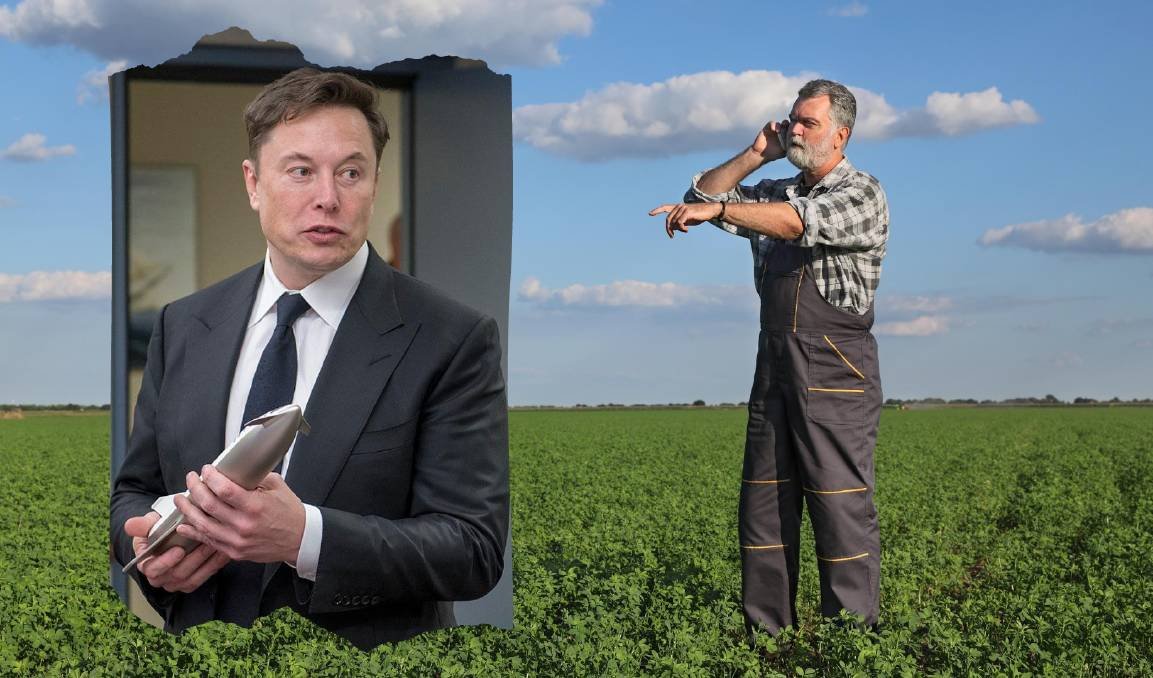In many Western countries, the discussion surrounding the ecological emergency often revolves around the conflict between ecology and agriculture, as well as urban areas versus rural regions.
This situation is particularly evident in Ireland, where the unique national circumstances regarding greenhouse gas emissions have made the topic of reducing polluting emissions a highly controversial subject, exacerbating the divide between the capital city, Dublin, and rural areas.
According to the local Environmental Protection Agency, approximately 38% of Ireland’s national greenhouse gas emissions in 2021 were attributed to the agricultural sector. Ireland, being a lightly industrialized nation, relies heavily on cattle farming, which is known for its significant contribution to pollution, particularly through the release of methane by ruminant animals.
This really needs to stop. Killing some cows doesn’t matter for climate change.
— Elon Musk (@elonmusk) June 3, 2023
Methane is widely recognized as the second-largest contributor to the greenhouse effect, following carbon dioxide (CO2). The Global Methane Pledge highlights that it is a potent yet short-lived climate pollutant, accounting for approximately half of the net increase in global average temperatures since the pre-industrial era.
When it comes to reducing emissions, many consumers often associate it with the closure of coal-powered plants, the adoption of electric vehicles, and the increased utilization of solar and wind power. However, there are various other policies under consideration as well.
In 2021, a significant international agreement was signed, with the United States, the European Union, and over 100 countries committing to reducing global methane emissions by at least 30% from 2020 levels by 2030. This reduction could potentially eliminate over 0.2˚C of warming by 2050. In the case of Ireland, mitigating methane emissions involves decreasing the number of livestock, particularly sheep and cattle.
This policy has generated substantial concerns among farmers. The Farming Independent recently reported that the Irish government intends to eliminate 200,000 dairy cows as part of their efforts to combat the climate emergency. This would require the “culling” of cows at a cost of 600,000 euros over the next three years, which would be borne by taxpayers, aiming to meet climate emissions targets.
The Farming Independent obtained information from an internal government document through a freedom-of-information request, leading to significant controversy. In response, the Department for Agriculture stated that the document was a “modeling document.”
However, Elon Musk, the global CEO known for his commitment to a sustainable energy economy, argues that a policy of reducing polluting emissions by eliminating livestock is ineffective. This is the perspective expressed by the CEO of Tesla, the electric vehicle manufacturing company, in response to the information reported by The Farming Independent.
On June 3, a Twitter user expressed their opinion, stating, “”The push to end life, of both animals and humans, in the name of ‘climate activism’ is fundamentally evil.” The tweet referred to Ireland’s intention to eliminate 200,000 cows as part of their climate change mitigation efforts.
Elon Musk responded to the tweet, stating, “This really needs to stop. Killing some cows doesn’t matter for climate change.” Musk’s comment, as a prominent advocate for environmental sustainability through his companies like Tesla, The Boring Company, and SpaceX, is likely to provide reassurance to farmers.
According to the June Irish Livestock Survey published by the Agriculture and Horticulture Development Board, Ireland currently has approximately 2.5 million dairy and beef cows. Emissions from the agricultural sector, including livestock farming, have been increasing in the country. As part of their commitment to reducing sector emissions by 25% by 2030, the Irish government has estimated that eliminating 100,000 dairy cows could save around 0.45 metric tons of carbon dioxide equivalent emissions.
Over the past few months, Elon Musk has shown support for farmers, particularly in the face of pressure from politicians and climate activists urging them to abandon practices such as the use of fertilizers that contribute to global warming. Nitrogen, emitted by fertilizers and livestock waste, is a greenhouse gas of concern.
I’m super pro climate, but we definitely don’t need to put farmers out of work to solve climate change. Not at all.
— Elon Musk (@elonmusk) March 4, 2023
Musk believes that protecting the climate should not come at the expense of farmers losing their livelihoods. In a tweet on March 6, he stated, “I’m super pro-climate. But we definitely don’t need to put farmers out of work to solve climate change. Not at all.”
Musk’s message of support for farmers followed a protest movement by Belgian farmers who opposed the Flemish government’s plan to reduce nitrogen emissions and potentially close farms deemed to be the most polluting, highlighting the link between nitrogen emissions and agriculture.
Information Source: TheStreet
Also Read:
- How It Will Be Living Inside SpaceX Starship For First Trip
- Just in: Chaos at Twitter as Elon Musk throws employees under the bus to appease right-wing users
- Elon Musk Reacts As AI Images Showing Him In Indian Groom Dress Go Viral
- SpaceX Revealed New Starship That’s Unlike Any Other
